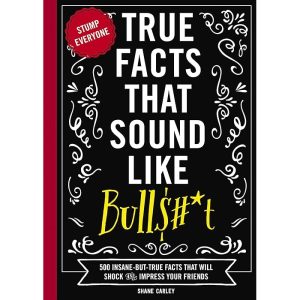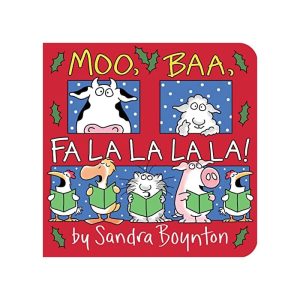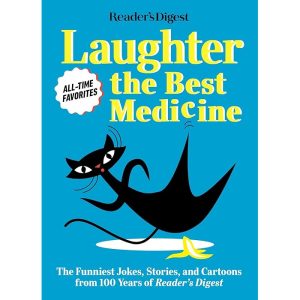Description
The world of idioms, phrases, and sayings is rich with fascinating stories about how language has evolved over time. Many of these expressions originate from historical events, occupations, customs, and even misunderstandings. Here are some popular idioms and phrases, along with their origins and meanings:
### 1. **”Bite the Bullet”**
**Meaning**: To do something unpleasant or difficult.
**Origin**: In the past, when soldiers were injured in battle, they would bite on a bullet to endure the pain of surgery without anesthesia.
### 2. **”Break the Ice”**
**Meaning**: To initiate conversation or ease tension in a social setting.
**Origin**: In the past, ships would use “icebreakers” to break the ice in frozen waters, allowing for trade and interaction between cities. The phrase evolved into a metaphor for initiating connections.
### 3. **”Burning the Midnight Oil”**
**Meaning**: To work late into the night.
**Origin**: Before electricity, people used oil lamps to light their homes. Working late meant burning oil in lamps, often well into the night.
### 4. **”Caught Between a Rock and a Hard Place”**
**Meaning**: To face two equally difficult or undesirable options.
**Origin**: This expression comes from a situation faced by sailors in the ancient Greek world. When navigating between dangerous cliffs or rocks, they were forced to choose between two perilous paths.
### 5. **”Cost an Arm and a Leg”**
**Meaning**: To be very expensive.
**Origin**: This phrase likely comes from the idea that in the past, portraits were expensive, and the more limbs that were included in the painting, the higher the price. Some say it also refers to the cost of amputations in war.
### 6. **”Cry Over Spilled Milk”**
**Meaning**: To be upset over something that cannot be undone or fixed.
**Origin**: This idiom dates back to the 17th century and implies that once milk is spilled, it’s impossible to recover, so there’s no use crying over it.
### 7. **”Don’t Count Your Chickens Before They Hatch”**
**Meaning**: Don’t assume you will get something before it actually happens.
**Origin**: This expression comes from farming, where counting chicks before they hatched was a risky bet, as not all eggs would survive.
### 8. **”Getting Cold Feet”**
**Meaning**: To feel nervous or unsure about something.
**Origin**: This idiom originates from the 19th century and referred to the physical sensation of cold feet before a major event, such as a wedding, when a person might feel hesitation or doubt.
### 9. **”In the Blink of an Eye”**
**Meaning**: Something that happens very quickly.
**Origin**: The blink of an eye is an incredibly fast action, so the phrase emerged to describe how quickly events can transpire.
### 10. **”Let the Cat Out of the Bag”**
**Meaning**: To reveal a secret or disclose information prematurely.
**Origin**: This expression comes from medieval market days, where farmers would sell pigs in bags. Unscrupulous sellers might substitute a cat for a pig. If the cat got out of the bag, the scam was exposed.
### 11. **”Once in a Blue Moon”**
**Meaning**: Something that happens very rarely.
**Origin**: A “blue moon” is the second full moon in a calendar month, which occurs approximately every 2 to 3 years. This rare event is where the idiom comes from.
### 12. **”Out of the Blue”**
**Meaning**: Something unexpected or surprising.
**Origin**: This phrase likely refers to the sudden appearance of a storm from a clear, blue sky, symbolizing something that comes with no warning.
### 13. **”Raining Cats and Dogs”**
**Meaning**: Raining heavily.
**Origin**: This expression may have originated in 17th century England when heavy rain would sometimes wash dead animals through the streets. Another theory suggests that the term comes from the Greek phrase for a “rain of cats and dogs,” which could refer to an overwhelming or chaotic event.
### 14. **”The Ball is in Your Court”**
**Meaning**: It’s up to you to take action or make a decision.
**Origin**: This comes from tennis, where the ball is hit into one player’s side, and it’s their responsibility to hit it back.
### 15. **”Throw in the Towel”**
**Meaning**: To give up or surrender.
**Origin**: In boxing, when a fighter is ready to surrender, their trainer throws a towel into the ring to signal defeat.
### 16. **”Under the Weather”**
**Meaning**: Feeling ill or unwell.
**Origin**: This phrase likely originates from sailors, where “under the weather” referred to being seasick from the rough seas or bad weather conditions.
### 17. **”When Pigs Fly”**
**Meaning**: Something that will never happen.
**Origin**: The idea of pigs flying is absurd, so this idiom is used to suggest that the event is as unlikely as a pig soaring through the sky.
### 18. **”You Can’t Have Your Cake and Eat It Too”**
**Meaning**: You can’t enjoy two mutually exclusive things.
**Origin**: This phrase comes from the old idea that once you’ve eaten your cake, you no longer have it, emphasizing the impossibility of having two benefits at once.
### 19. **”The Elephant in the Room”**
**Meaning**: An obvious problem or issue that everyone is ignoring.
**Origin**: The expression likely originates from the idea that an elephant is so large that it would be impossible not to notice it. If it’s in the room and no one mentions it, it’s a glaring issue being ignored.
### 20. **”To Kill Two Birds with One Stone”**
**Meaning**: To accomplish two tasks with a single action.
**Origin**: This phrase dates back to the 1600s and refers to the idea of efficiently using one effort to achieve two outcomes, just as one stone could theoretically kill two birds.
—





Reviews
There are no reviews yet.